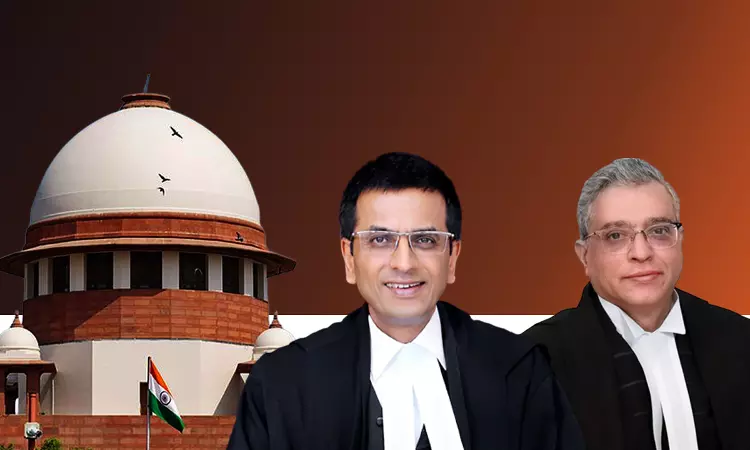Administrative Law - Decision Will Be Vitiated If Materials Are Not Disclosed To Affected Party : Supreme Court
Sohini Chowdhury
15 Jan 2023 11:15 AM IST

Next Story
15 Jan 2023 11:15 AM IST
The Supreme Court, recently, reiterated, that an adjudicatory body, cannot base its decision on any material unless the person against whom it is sought to be utilised has been apprised of it and given an opportunity to respond to it. A Bench comprising the Chief Justice of India, D.Y. Chandrachud and Justice P.S. Narasimha held the same in a plea assailing a judgment of the Bombay High...
